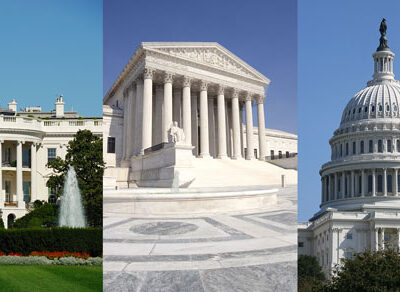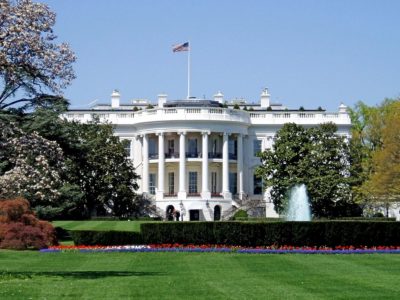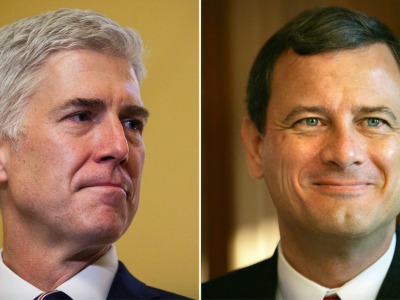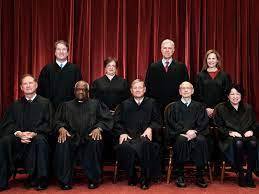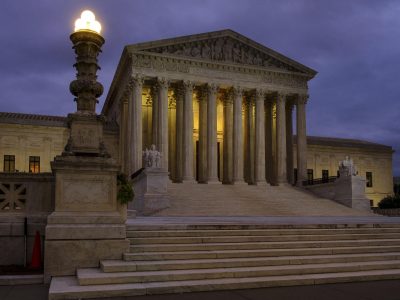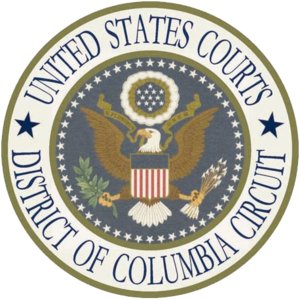statutory interpretation
Power Play: The Effects of Overruling Chevron
Who will win and who will lose if Chevron is overruled?
Next week, the Supreme Court will hear oral arguments about whether to overrule the Chevron doctrine. That doctrine allows administrative agencies that implement statutes to resolve ambiguities in those statutes. Overruling the doctrine would shift that power to courts. Institutionally, then, judges would be the big winners, with more sway over how laws are implemented. …
Continue reading “Power Play: The Effects of Overruling Chevron”
CONTINUE READINGUnprecedented Legal Questions
The climate crisis is unprecedented. So is its legal fallout.
In teaching my class on Climate Law, I’ve been struck by how many new legal questions courts are confronting as a result of the climate crisis. Dealing with these new legal questions is going to put stress on existing legal doctrines and require courts to rethink some basic principles. Unfortunately, the Supreme Court is pushing …
Continue reading “Unprecedented Legal Questions”
CONTINUE READINGThe Presidency Under Siege
The current Justices are no friends of presidential power.
As recent scholarship has shown, the Supreme Court has been increasingly aggressive in countering exercises of presidential power. From the environmental perspective, West Virginia v. EPA is the most relevant example of the Court’s efforts to cut the presidency down to size. True, the Court purported to be chastising EPA, part of the bureaucracy. Yet …
Continue reading “The Presidency Under Siege”
CONTINUE READINGWhose Major Questions Doctrine?
There are two versions of the doctrine. One of them is more dangerous.
When it struck down Obama’s signature climate regulation in West Virginia v. EPA, the Supreme Court formally adopted the major questions doctrine as a way to synthesize prior anti-regulatory rulings. The major questions doctrine (MQD to insiders) has gotten a lot of attention. One thing that’s been overlooked, however, is that there are two versions …
Continue reading “Whose Major Questions Doctrine?”
CONTINUE READINGA Beautiful Day for Bumblefish?
A California court just ruled that bumblebees are fish. It’s not as crazy as it sounds.
A California appeals court ruled last week that bumblebees are fish and are therefore protected by the California Endangered Species Act (CESA). That may sound ridiculous, but there’s actually a convoluted legal argument to support the court. That argument does justify giving the CESA some extra coverage beyond what we would ordinarily classify as fish. …
Continue reading “A Beautiful Day for Bumblefish?”
CONTINUE READINGMore on How the Vaccine Mandate Cases May Impact Climate Policy
How much is the Court likely to prune back EPA’s powers?
In a Friday post, I sketched some thoughts about how the Supreme Court’s vaccine mandate rulings might impact EPA’s power to control carbon emissions. I think it’s worth unpacking both the Court’s opinions a little more and the issues at stake in a pending climate change case, West Virginia v. EPA. The Court ruled in …
Continue reading “More on How the Vaccine Mandate Cases May Impact Climate Policy”
CONTINUE READINGAnother Worrisome Signal from the Supreme Court
Phrases that should frighten environmentalists: “Shadow docket ” “Major questions doctrine”
Last Thursday, the Supreme Court struck down the CDC eviction moratorium in the Alabama Association of Realtors case. The case may seem far removed from environmental law, but it has some troubling implications for future EPA regulatory initiatives. The process used by the Supreme Court to intervene is as significant as the ruling itself. This …
Continue reading “Another Worrisome Signal from the Supreme Court”
CONTINUE READINGGetting the Lead Out
The Ninth Circuit tells EPA to determine safe levels for lead based solely on science.
Lead can cause neurological damage to young children and developing fetuses. The only really safe level is zero. Because poor children are the most likely to be exposed to this hazard, this is also a major environmental justice issue. The Trump EPA took the position that it could set a hazard level higher than zero …
Continue reading “Getting the Lead Out”
CONTINUE READINGLiberal Judges Embrace Textualism
Why are these judges suddenly so enthusiastic about Justice Scalia’s approach to reading statutes?
Two of Trump’s major regulatory efforts were recently thrown out by the D.C. Circuit. The liberal judges who wrote the opinions latched onto a conservative theory called textualism, which was most prominently advocated by Justice Antonin Scalia. While judges in an earlier era tried to interpret Congress’s intent in writing a law, textualists focus solely …
Continue reading “Liberal Judges Embrace Textualism”
CONTINUE READINGRethinking Presidential Administration
Giving the President more control of regulation has been a good thing — up to a point.
Conservatives love to complain about faceless bureaucrats, but blaming bureaucrats for regulations is hopelessly out of date. When Elena Kagan was a professor, she wrote an article called “Presidential Administration.” The article applauded her former boss Bill Clinton for seizing greater control of the regulatory process away from agencies. That trend has accelerated to the …
Continue reading “Rethinking Presidential Administration”
CONTINUE READING



